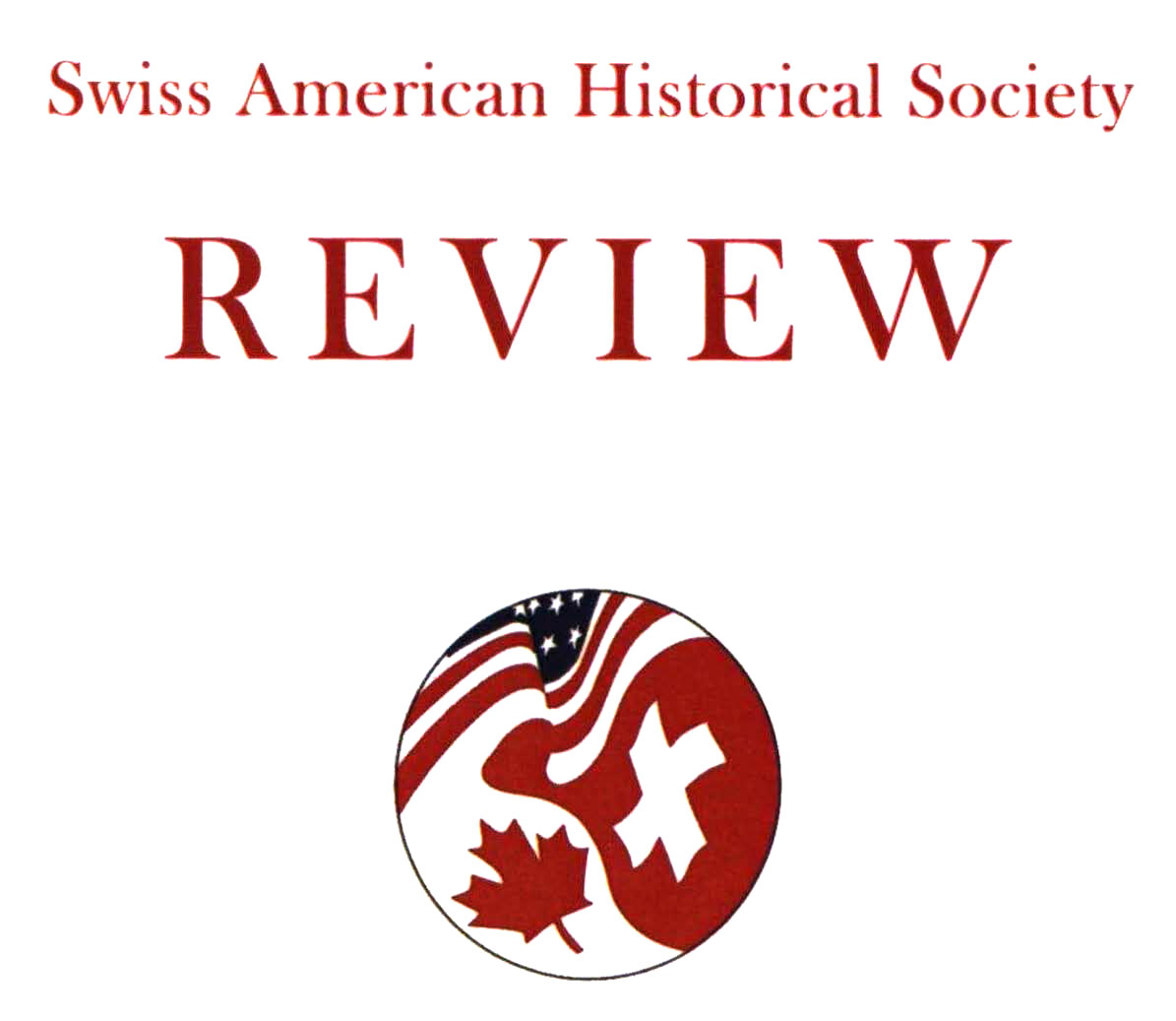Swiss American Historical Society Review

Keywords
Switzerland, Swiss history, European history
Abstract
Cart Gustav Jung was a Swiss-born psychiatrist who lived from the late nineteenth century well into the twentieth century. He founded the analytical psychology movement and is known for ideas such as the collective unconscious, archetypes, and one of the first conceptions of introversion and extraversion. The following paper explores Jung's influence on the field of psychology and other disciplines, postulating that his more lasting, but subtle influence exists outside his chosen field. This topic for exploration developed out of conversations between the two authors, one with an educational background in cognitive psychology, the other in American Studies. We draw on scholarly and popular texts to identify traces of his ideas in current themes across psychology and the humanities. We discuss several of Jung's key impacts in the field of psychology, primarily as a historical figure, and then postulate that his more lasting influence may reside beyond the boundaries of psychology as his ideas are applied to the analysis of literature and the creation of popular culture products.
Recommended Citation
Darowski, Emily S. and Darowski, Joseph J.
(2016)
"Carl Jung's Historic Place in Psychology and Continuing Influence in Narrative Studies and American Popular Culture,"
Swiss American Historical Society Review: Vol. 52:
No.
2, Article 2.
Available at:
https://scholarsarchive.byu.edu/sahs_review/vol52/iss2/2
